Get Your Livestock Shipped Safely: An Overview of Different Shipping Options
Get Your Livestock Shipped Safely: An Overview of Different Shipping Options
Keeping your livestock safe and comfortable during shipping is essential for keeping them healthy and productive once they reach their destination. There are various factors to take into account when choosing the right shipping option, including distance traveled, cost, danger of weather, difficulty of terrain and any other special circumstances. Whether you’re transporting cattle or alpacas, there are several primary considerations when shipping livestock. Each animal has its own unique needs regarding stress levels, temperature control, space availability and more. To keep your animals healthy and happy during transport, it’s important to understand their needs and select the most appropriate shipping option for their individual situation.
Fly vs. Drive
If your livestock can be flown, it’s generally better to ship via air transport – especially if you’re shipping shorter distances. This is because when you drive livestock, they may need to be held over in quarantine for several days (or maybe a week or longer) at the end of the journey. With air transport, you can avoid the quarantine wait completely or at least reduce it significantly. If your shipment is traveling to a foreign location, however, you’ll need to check whether it’s legal to fly your animals there. In most cases, it’s not allowed. In fact, you might even need a special permit. If you can’t fly your animals, you’ll have to drive them to their destination.
An Overview of Different Shipping Options
Full Truckload (FTL): In this type of livestock shipping, the truck / trailer is completely filled with livestock. This shipping method is often most suitable for larger animals such as cattle, sheep, goats and pigs. Conveniently, this type of shipping is also the most affordable option. Partial Truckload (PTL): This type of livestock shipping involves shipping a few animals in a truck that’s already partially loaded with other cargo. This option is sometimes used as an alternative to FTL when the shipper has a small number of livestock to transport. It’s a good option if you have a regular buyer who may need to pick up your animals at the shipper’s location. This type of shipping is often more costly than FTL, but it’s still more affordable than shipping irregularly shaped animals. Irregular Shaped Animal Shipping (ISAS): In this type of livestock shipping, animals are loaded in a way that doesn’t fit into a standard loading pattern. This can be when you load animals that are too big to fit into a single compartment or when you have a number of animals with special needs (such as pregnant animals or very young animals). Shipping animals that are too large to fit inside a truck can be quite expensive – particularly if you need to ship via FTL. That’s why it’s important to discuss your options with the shipper before booking. If you’re shipping via PTL, it’s possible that the animals will be loaded in a way that doesn’t cause any issues. However, it’s still worth checking with the shipper just in case. When shipping ISAS, you’ll probably need to hire a different kind of truck.
Acknowledgements
The information in this article was sourced from various online publications. We’d like to thank the following websites and publications for providing us with information and statistics for this article: – Livestock Shipping – The Journal of Stockmen’s Association, Inc.


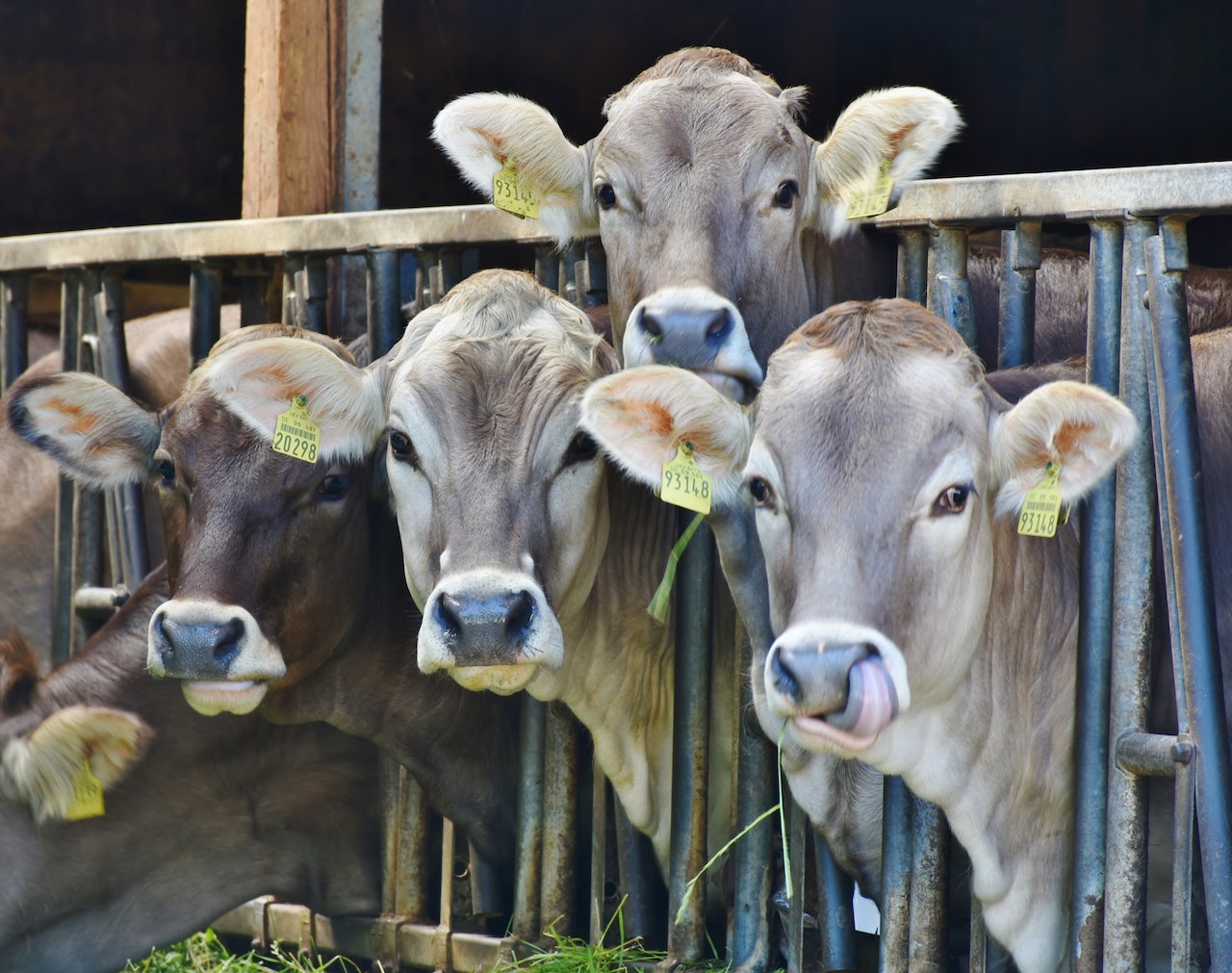

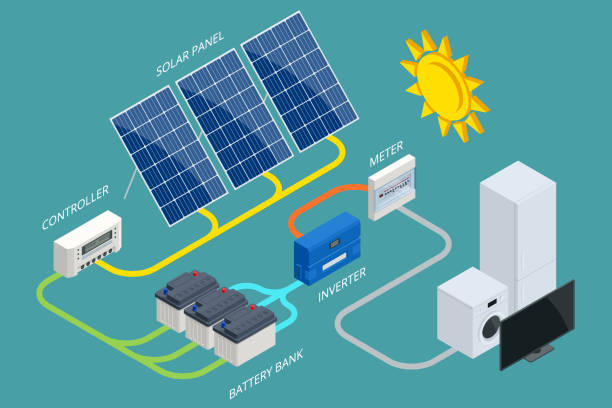
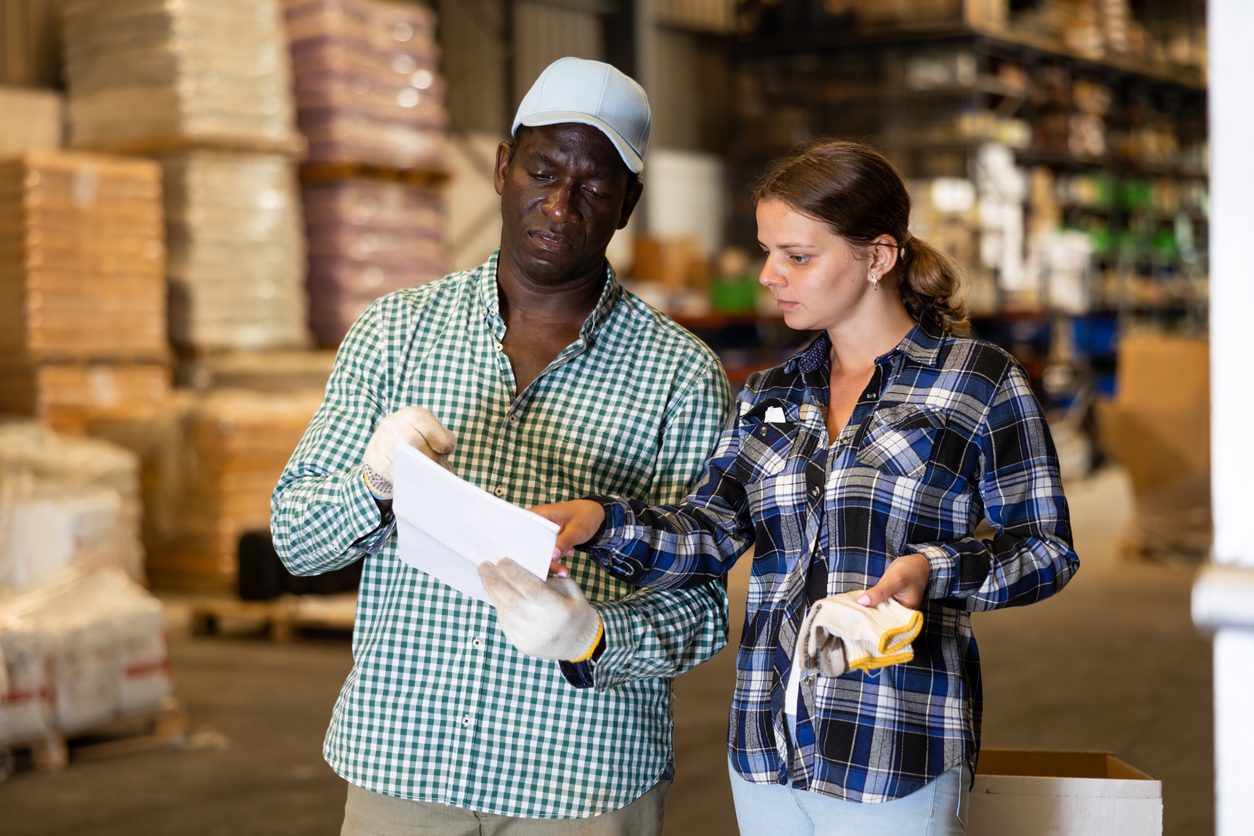
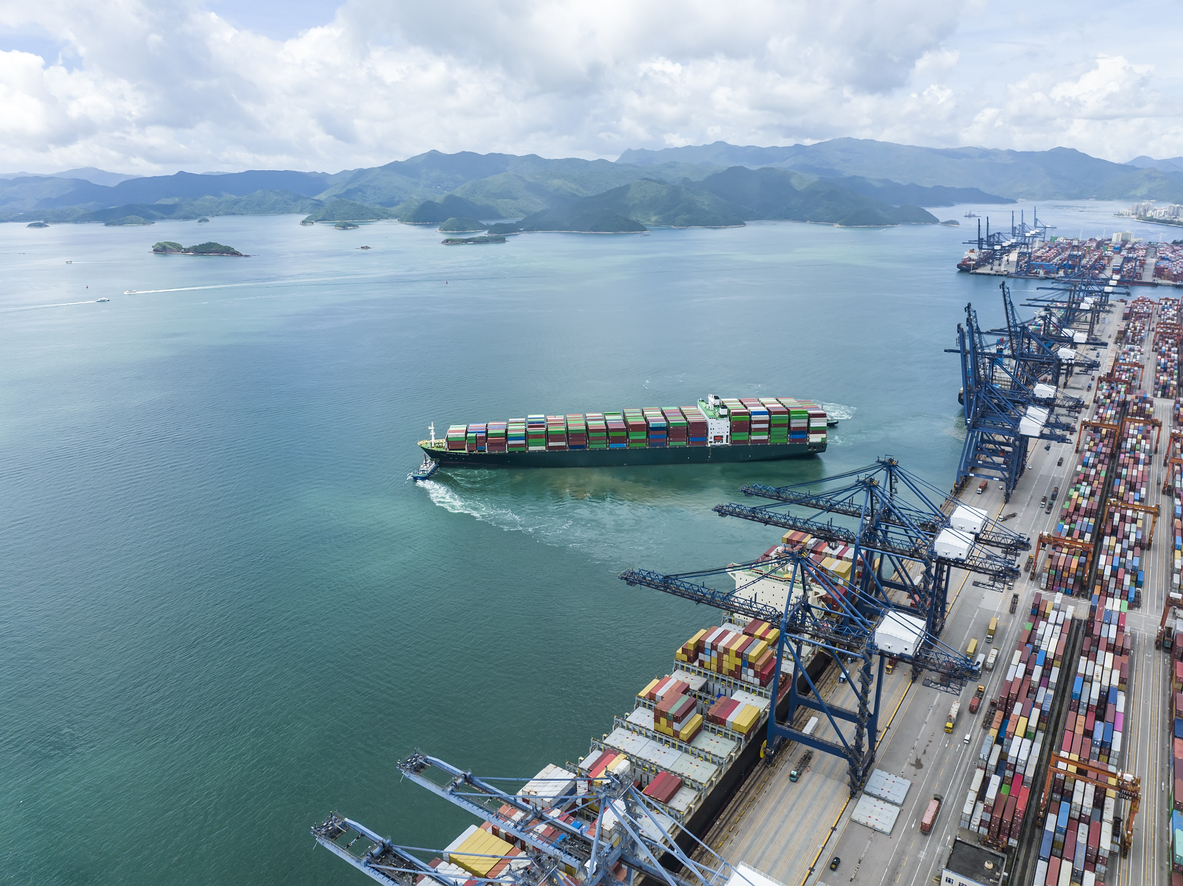
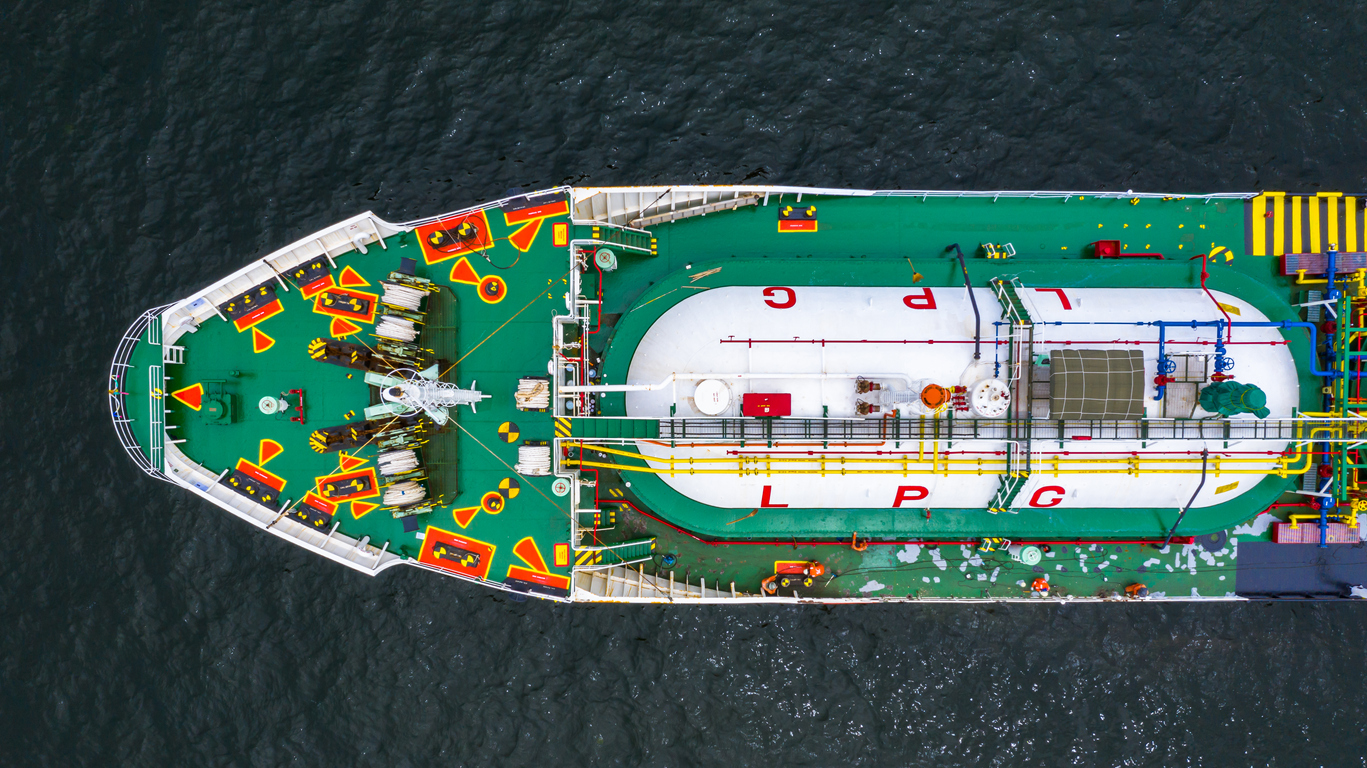
LEAVE A COMMENT
You must be logged in to post a comment.